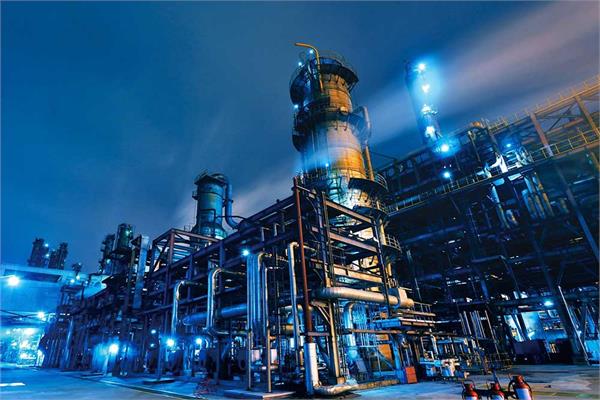
Key players from the chemical industry, in collaboration with the World Economic Forum, are teaming up to move the Low-Carbon Emitting Technologies (LCET) initiative into its implementation stage by the end of 2023.
Several key players from the chemical industry – including Dow, BASF, Solvay, Clariant, Air Liquide, Covestro Mitsubishi Chemical Corp., Royal DSM, SABIC, and SIBUR
– have joined forces to establish a breakthrough development platform by 2023, within the LCET initiative framework.
Following a two-year period of analysis and collaboration between the industry players and the World Economic Forum, this agreement represents the transition from a knowledge-sharing platform to an implementation tool
aimed at accelerating greenhouse gas reductions in the chemical production chain.
"Chemicals are present in almost all products of daily life. They are essential to more than 95% of the goods produced worldwide. For this reason, most industries are customers of the chemical industry. Our role is to enable our customers to reduce their carbon footprint. In order to address these challenges, we need to share technologies and common approaches," said Conrad Keijzer, Chief Executive Officer at Clariant.
A Project Development Company (PDC) will be designed as a new stand-alone entity operating on a pre-competitive basis and supporting partners in setting set-up joint projects aiming to share early-stage development risks and invest jointly in the development and implementation of low-carbon technologies.
"We are working together in the LCET initiative to jointly address mission-critical technology challenges that cannot be tackled by one company alone," commented Martin Vollmer, Chief Technology Officer at Clariant. "We want to actively contribute with our outstanding research and development expertise in the fields of biomass valorisation focusing on agricultural waste streams for the production of advanced biofuels and bio-based chemicals, as well as in the field of innovative, high-performance catalysts to support the transformation of our industry towards net-zero emissions. "
The companies add that the LCET initiative provides opportunities for co-marketing schemes that could encourage collaboration with adjacent industries, such as electrical grids and pipelines, in order to develop infrastructure for new technologies. The initiative is also aiming to facilitate coordination between academic institutions, governments, and civil society.
The LCET initiative is aiming to achieve net-zero emissions in the chemical industry by 2050.
“This will require extraordinary business transformation, unprecedented partnerships and collaboration both within the private sector and across all stakeholders including society and governments”, commented Roberto Bocca, member of the executive committee at the World Economic Forum.
“As the LCET initiative moves into the critical implementation stage, it will demonstrate the ground-breaking innovation that our industry can achieve through collaboration. By working together to co-develop and upscale low carbon-emitting technologies, we will accelerate our circular carbon economy journey to carbon neutrality”, added Yousef Al-Benyan, vice chairman and CEO of SABIC, and LCET Co-Chair.
The companies and World Economic Forum are calling for more producers, technology providers, and value chain partners from the chemical industry to join the LCET initiative going forward.